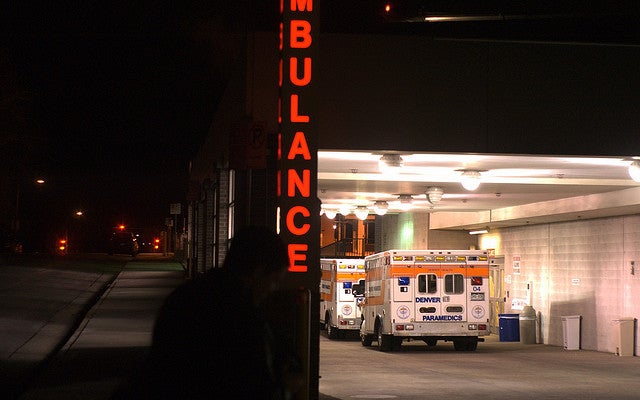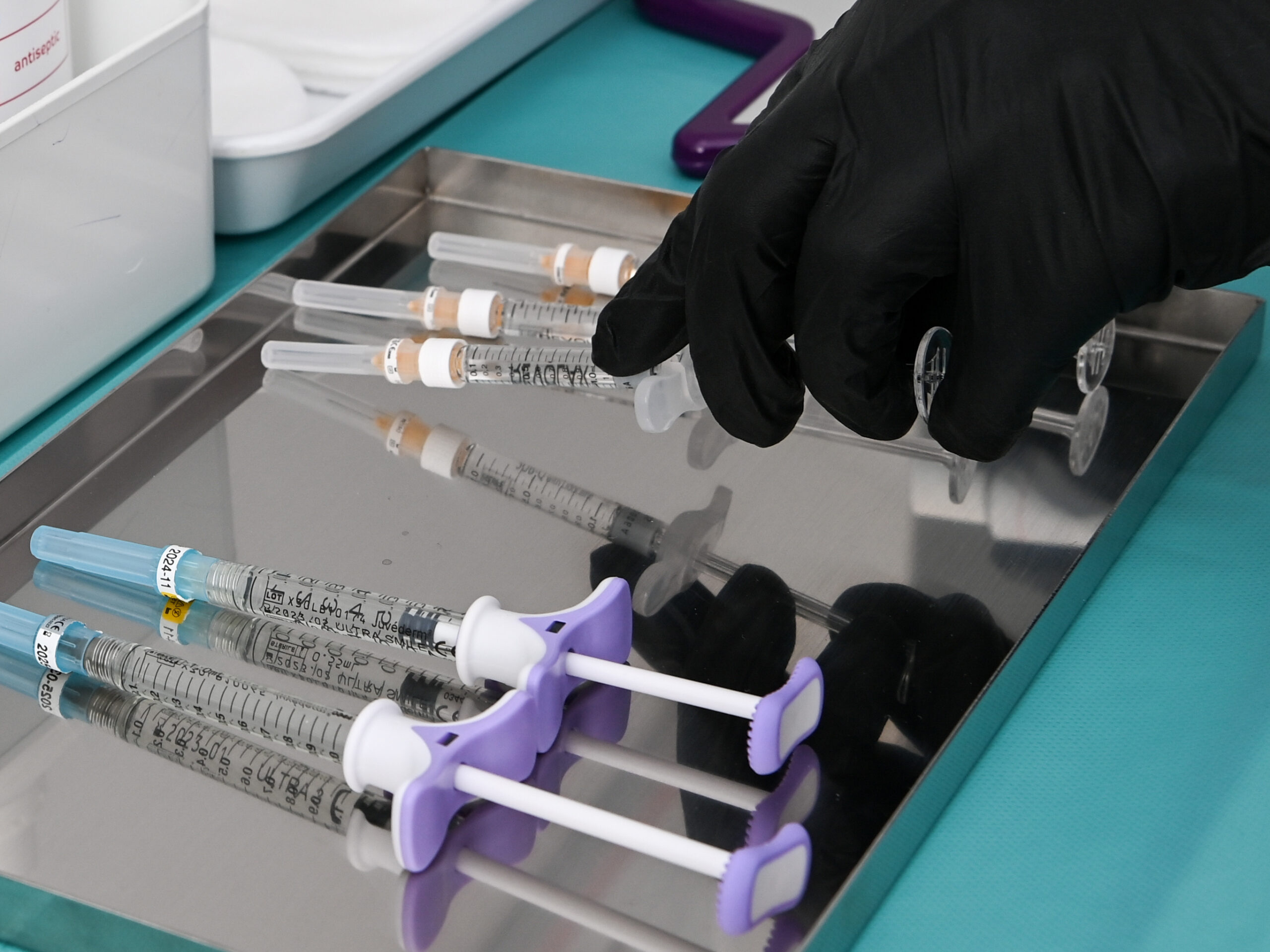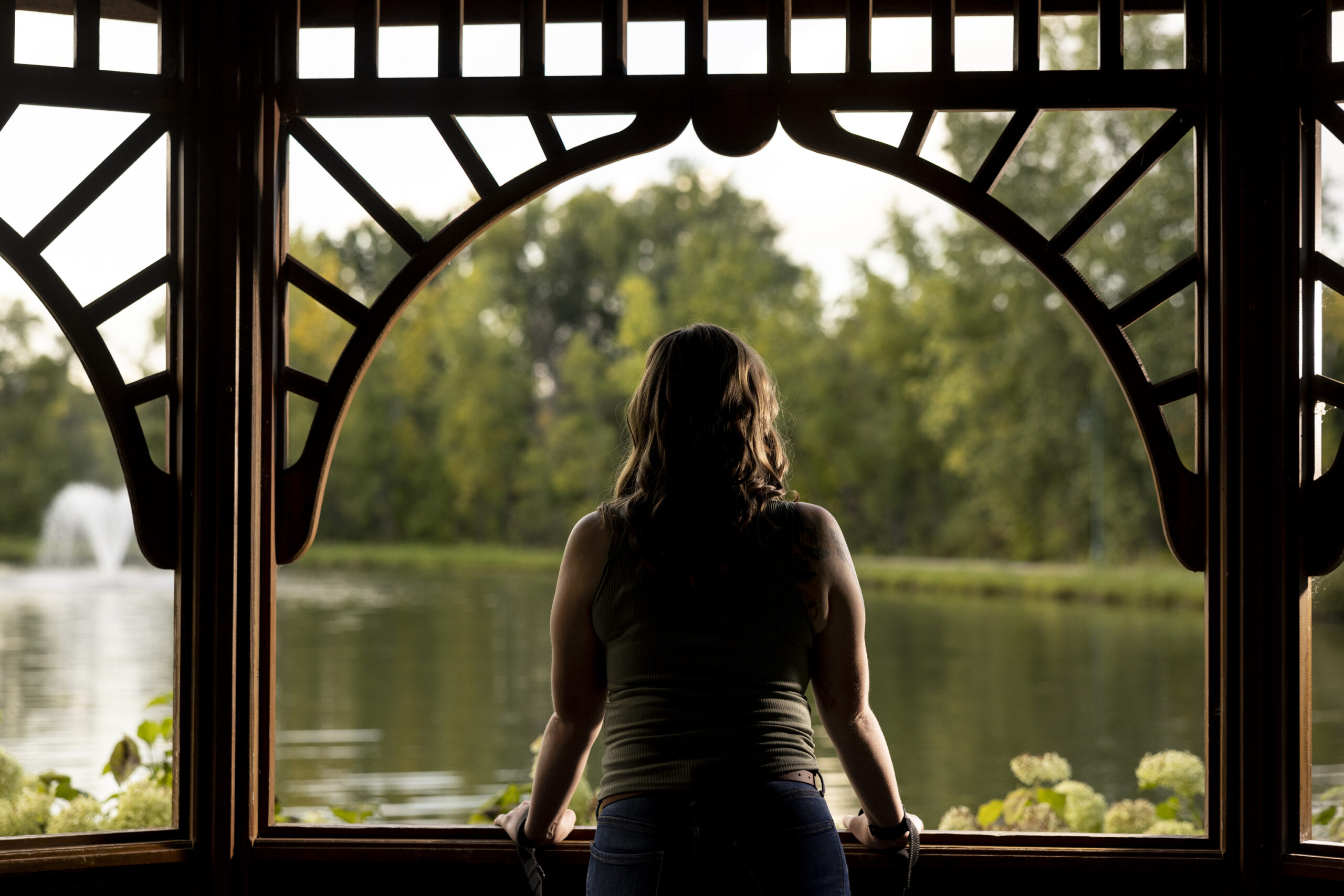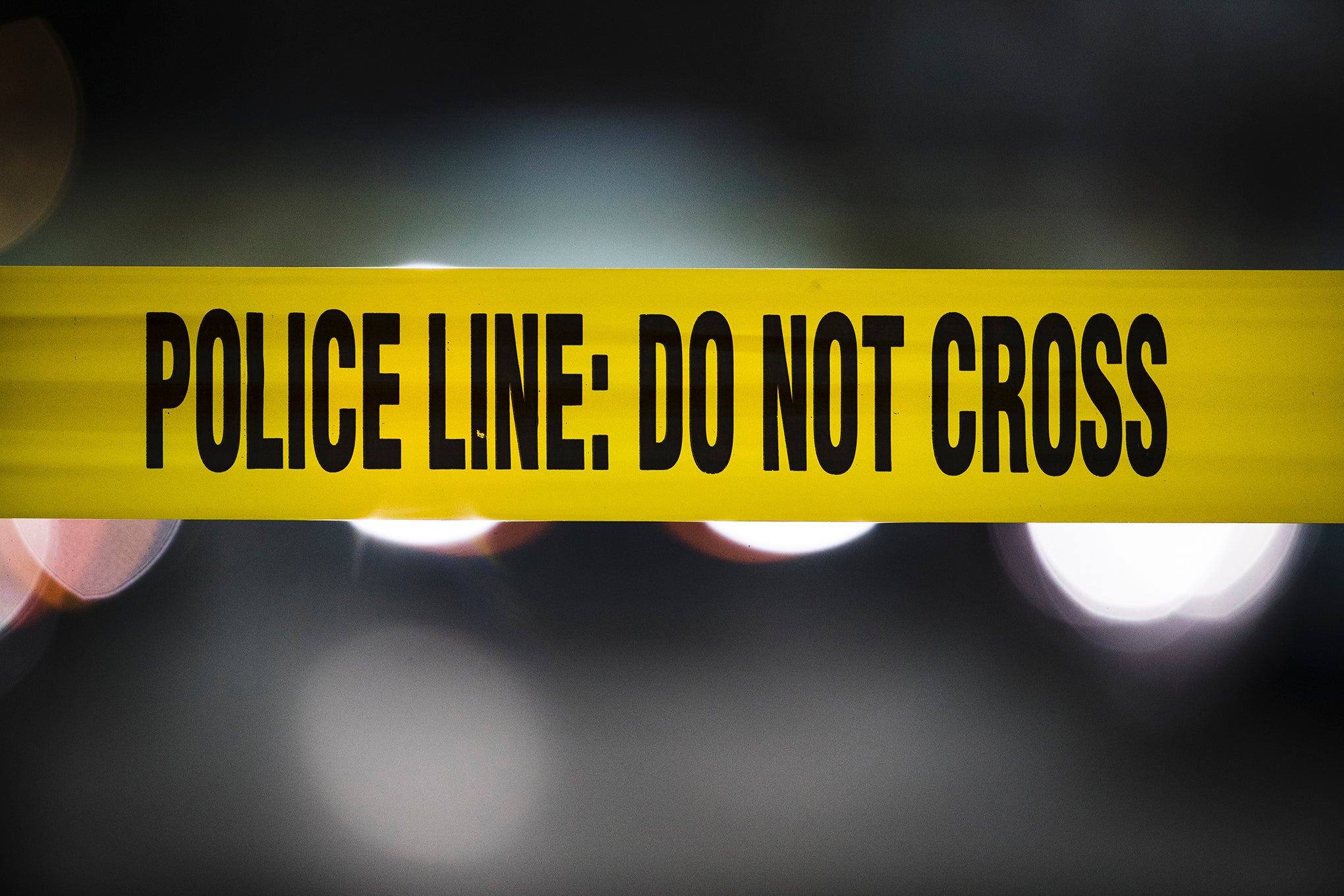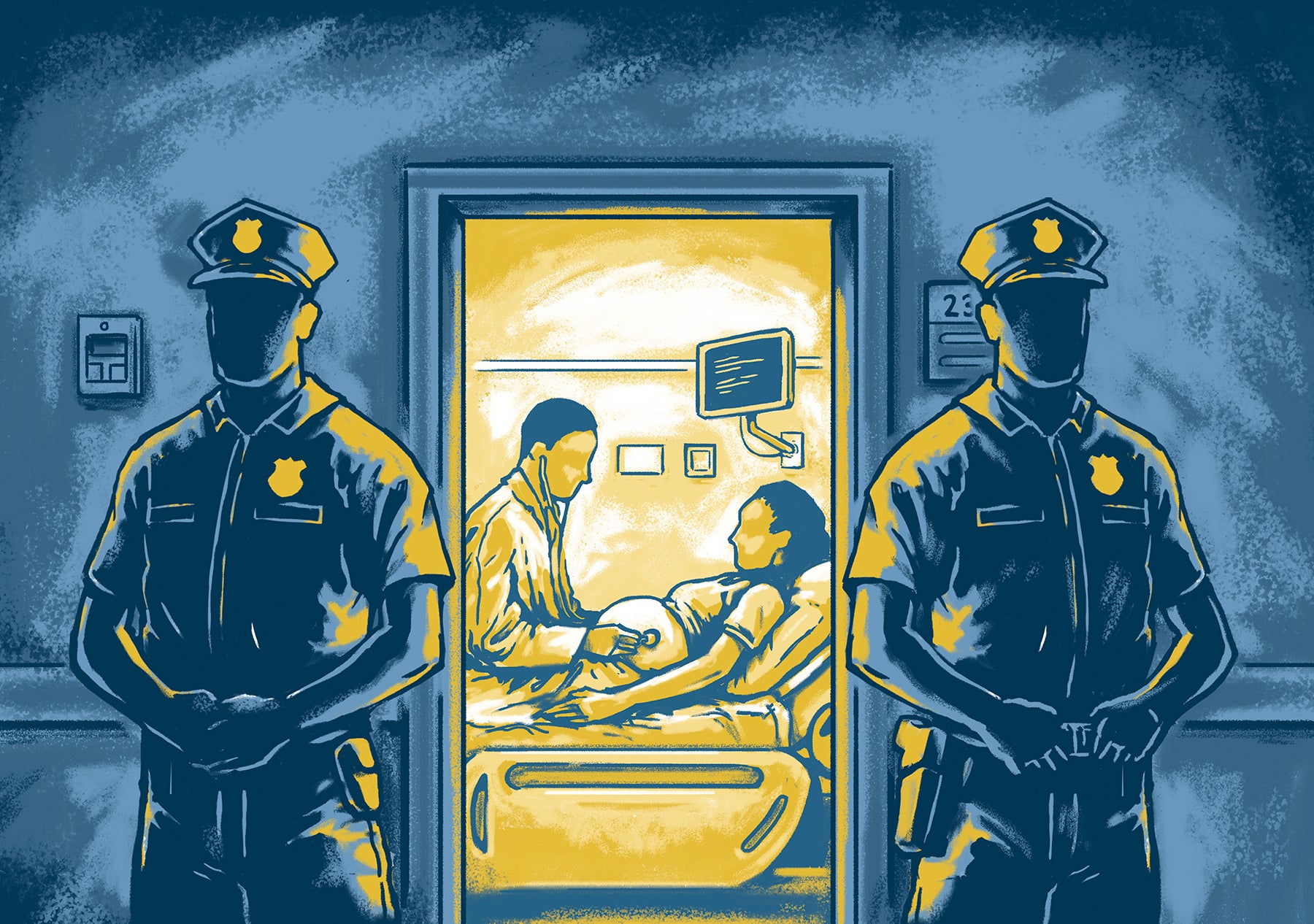State prosecutors are backing a bill that would protect medical professionals from lawsuits if they carry out court-ordered body cavity searches on suspected drug dealers.
Backers of the bill say body cavity searches are essential in curbing the heroin trade in the state. Currently, only doctors or nurses can conduct the invasive searches in a hospital.
But Sheboygan County District Attorney Joe DeCecco said that hospitals, due to a fear of lawsuits, have begun refusing to carry out the searches unless the suspected drug dealer gives legal consent.
Stay informed on the latest news
Sign up for WPR’s email newsletter.
“Drug dealers would learn that if they went to a hospital and the hospital said, ‘Do you consent to this procedure?’ and they said, ‘No,’ they walk out of there. So we wanted to stop that,” said DeCecco.
DeCecco said that if the law passes, it would allow police to gather the evidence they need to convict drug dealers.
“The situation now is — well, I’ll just say it — if we see something hanging out of someone’s butt, we can’t take it out,” he said. “We can ask them to take it out, but they don’t have to.”
Hospital officials are backing the bill, which is based on a similar law that protects medical personnel from lawsuits when they draw blood without consent from drunken driving suspects.
Democratic State Sen. Lena Taylor said she’ll support the bill, but that she’s still concerned about a rash of body cavity searches carried out by Milwaukee police between 2008 and 2012. Last month, the city agreed to pay $5 million to 74 people who had filed suit over the searches. Four police officers were convicted of violating various laws in carrying out the searches.
Police did find drugs in some of those searches. DeCecco said his officers also found drugs in a dozen cases where suspects were searched by medical professionals, before hospitals started refusing to carry them out. He said that if the Legislature passes the law, the searches can continue but only under strict medical guidelines as required by state law.
Wisconsin Public Radio, © Copyright 2024, Board of Regents of the University of Wisconsin System and Wisconsin Educational Communications Board.

